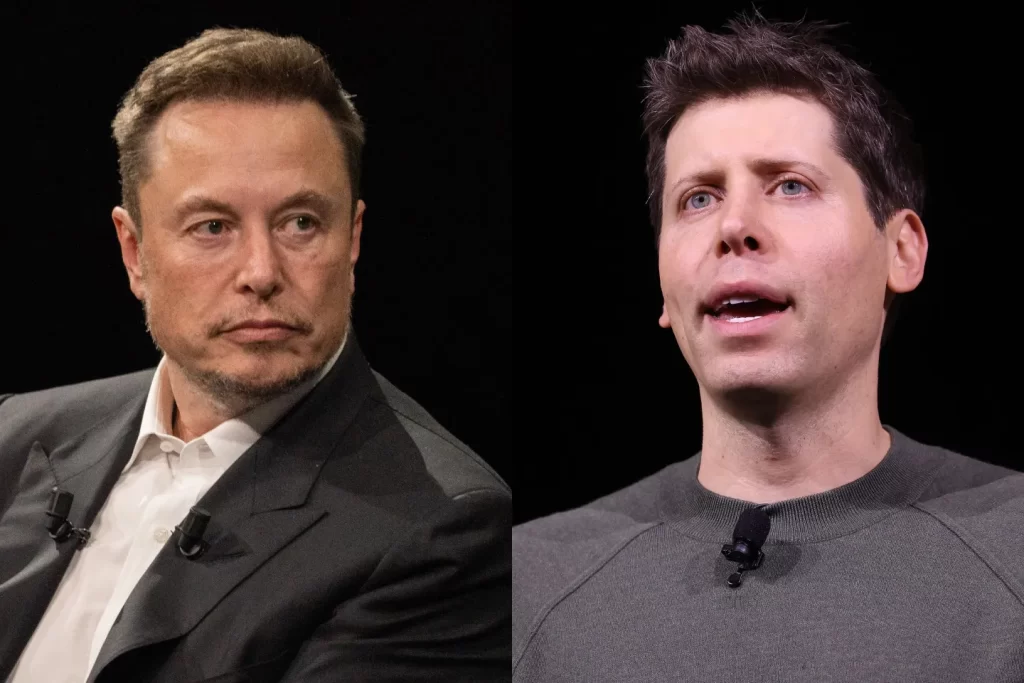
In 2018, Elon Musk, the tech billionaire known for his ventures like Tesla, SpaceX, and Twitter, reportedly turned down a proposal to create a cryptocurrency for OpenAI. The revelation sheds light on Musk’s early reservations about blockchain-related initiatives within the organization he helped establish.
According to insiders familiar with the discussions, the idea centered around creating a proprietary cryptocurrency to fund OpenAI’s ambitious projects. This move was envisioned as a way to align financial incentives with the organization’s mission of advancing artificial intelligence for the betterment of humanity.
Musk’s Opposition
Despite his innovative mindset, Musk opposed the idea, citing concerns over the practicality and alignment of such a cryptocurrency with OpenAI’s goals. He reportedly believed that introducing a token could detract from the organization’s focus on developing groundbreaking AI technologies and might create unnecessary complexities.
Musk’s stance isn’t entirely surprising given his cautious approach to cryptocurrencies at the time. Although he later embraced digital assets like Bitcoin and Dogecoin through Tesla and his social media presence, in 2018, he had yet to fully endorse the burgeoning crypto space.
Shifting Perspectives
Since then, Musk has become a polarizing figure in the cryptocurrency world. His tweets have famously caused market fluctuations, and his companies have experimented with accepting Bitcoin and promoting Dogecoin. However, Musk’s early skepticism about intertwining cryptocurrencies with OpenAI highlights a consistent focus on pragmatism and strategic alignment in his ventures.
Read This : Cetoex Made Easy 8-Step Guide to Buying Crypto.
OpenAI’s Current Stance
OpenAI, now a leader in generative AI with products like ChatGPT, has remained largely unaffiliated with blockchain technology. The organization has focused on expanding its AI capabilities and infrastructure, relying on traditional funding mechanisms such as investments from tech giants like Microsoft.
What Could Have Been?
Had the cryptocurrency proposal been approved, it might have dramatically altered OpenAI’s trajectory. A token could have created a decentralized funding model, potentially democratizing contributions and engagement. On the flip side, it might have introduced regulatory challenges and financial volatility that could have distracted from OpenAI’s core mission.
Conclusion
Musk’s decision to reject the cryptocurrency idea in 2018 highlights a pivotal moment in OpenAI’s history. While the debate on the intersection of AI and blockchain continues, it’s clear that Musk’s influence helped shape OpenAI’s focused path toward becoming a global leader in artificial intelligence.